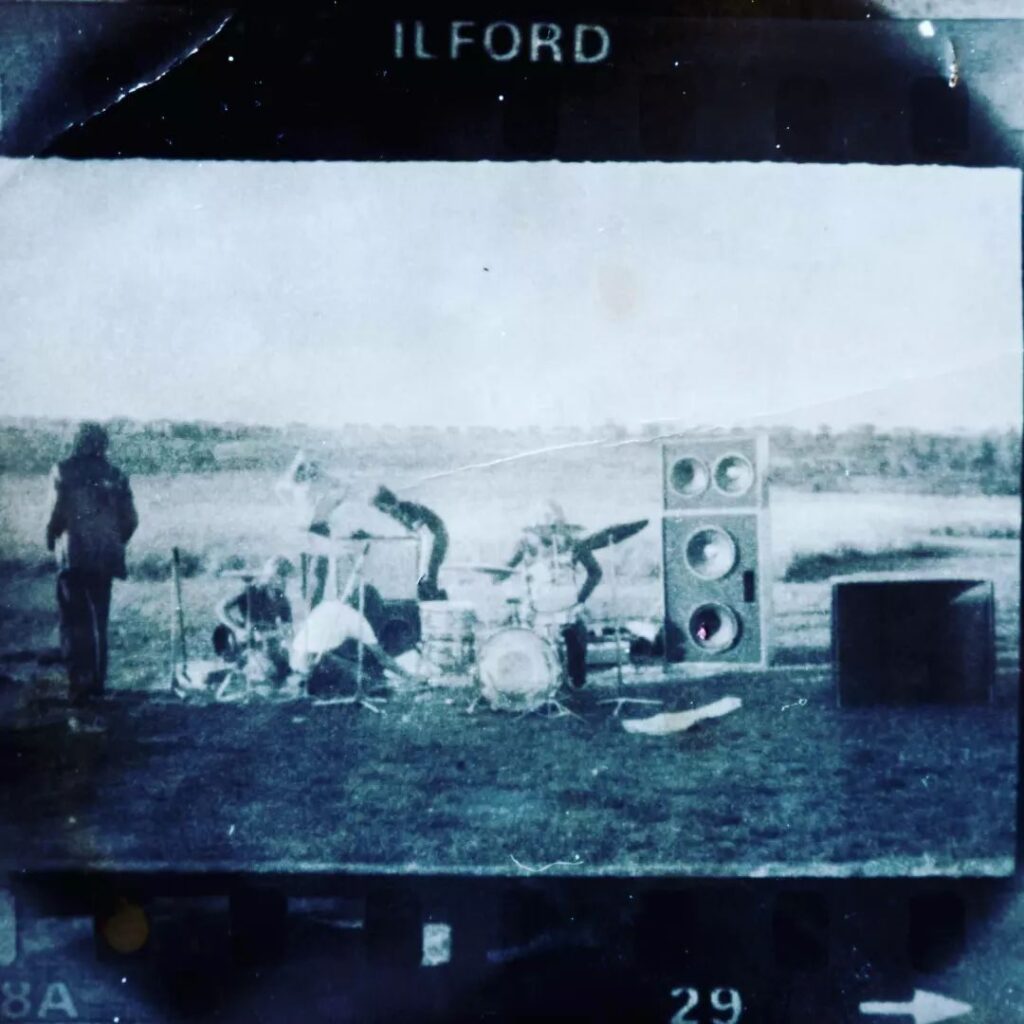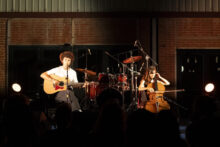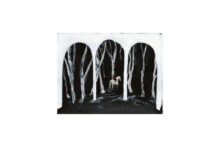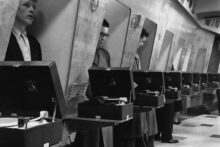Southend-on-Sea is defined by the surreal. Take the pier. Well over a mile long, it was built to stretch beyond the vast tidal mudflats of the Thames estuary to greet steamboats and their passengers in the shipping channel. Yet, thanks to the coming of the railways, for years boats have moored there only infrequently. Instead, it lives on as a nonsense structure, a promenade of pointlessness, and is glorious for it.
The absurdist pier sets other instances of the ludicrous in motion. Stupidly large signs for fast food outlets scream out towards Kent, big enough for pier parambulators to read a mile offshore: FISH AND CHIPS and FRIED CHICKEN that is CLUCKIN’ GOOD. The wild, flashing amusement arcades also grab the attention of the passersby. I can hear customised cars revving like mad from the school run, while Foulness island bomb tests rattle window frames for miles around. Southend’s extremities derive from its geography. Low tide is a mud takeover, during which you can walk out to a grounded harbour that sank in 1944 before it could be used at the D Day landings it was meant for. Walking over the gloop affects a freedom seldom afforded on land – as long as you make it back before the tide turns.
Musically, Southend is known best for the varying hues of pub rock: the piston-engine pre-punk of Dr Feelgood, the wonky bubblegum of the Kursaal Flyers and Mickey Jupp’s influential shanty Essex Americana schtick. I came of age here in the mid 2000s watching The Horrors and These New Puritans at the nightclub Junk. The militantly subcultural happening was held monthly (or thereabouts) in the Victorian basement of the Royal Hotel, and was a dissonant escape into cheap, mind-expanding thrills. (You can find the story of Southend’s spirited subcultures at the Beecroft art gallery until 26 October 2025.)
Behind much of Southend’s music lies a freeform spirit. Below are only a handful of examples of something I have always known to be in the air out here at the mouth of the Thames. In many ways it comes with the territory: these are fractured lands, populated by those who have drifted from London to seek a new life, or at least an escape from the old one. Some of these emigrés came looking for salvation, and one could find such a thing in the fragile freedom of music scenes that have allowed the avant-garde a home, most recently the Railway Hotel, which sadly closed down after the pandemic made business seem untenable (although happily a new owner is opening it and promising live music most nights). Others put in effort, such as Lev Dudas, a Hungarian-born music obsessive whose Konstrukting Soundz evenings at Leigh-on-Sea’s Fisherman’s Chapel mix local experimenters with free-improv legends such as Steve Beresford. In addition, Tim and Claire Keech’s Tea & Oranges nights have brought some of the great underground acts of the UK such as Ubiquitous Meh, Wet Man and, all the way from Wivenhoe, the Cleaners from Venus to Southend seafront, as screams from the theme park across the road have wafted in to form a uniquely Southendian ambience.
It feels odd to no longer see the ever-behatted John Hannon, the genius recording engineer whose No Recordings was a hallowed place in the post-rock era, standing at the back and grinning at whatever live music Southend has to offer. Although his work is not included below, it would be wrong not to mention John as he encapsulated the singular nature of Southend music: starting off in the hardcore group Understand, he made his own work with Liberez, the jazz noise outfit rooted in improvisation. His most recent recording work can be heard on local group The Plan’s new release on the Oxford DIY label Divine Schism, Mountain View, a skittering, muscular, post-punk/avant-rock record (as mentioned by tQ’s Luke Turner in September’s tracks of the month). John died in 2021, before which he recorded some of the initial cuts of Mountain View, contributing to a sound that at times feels like a joyous and demented seafront ride that might never stop. Long may it continue.
The Bonzo Dog Doo-Dah Band – ‘Won’t You Come Home Bill Bailey’ (live on Blue Peter)
(1966)
Vivian Stanshall was still a legend round my way growing up in 90s Leigh-on-Sea, the place he’d called home on a road overlooking the estuary some decades earlier in the 1950s. Class schisms characterised his childhood: he said his father came back from the war with a newly learned “officer class”…





